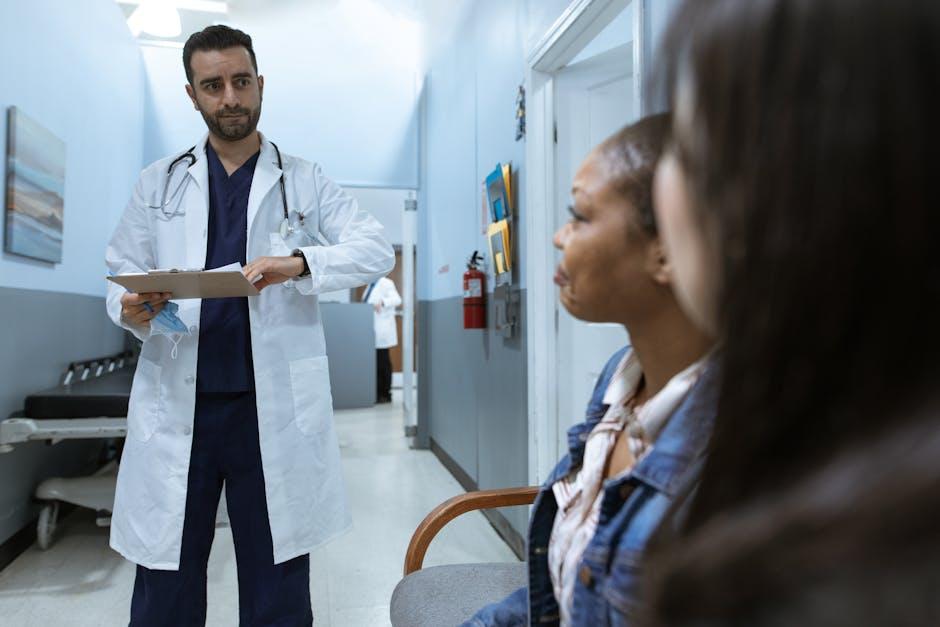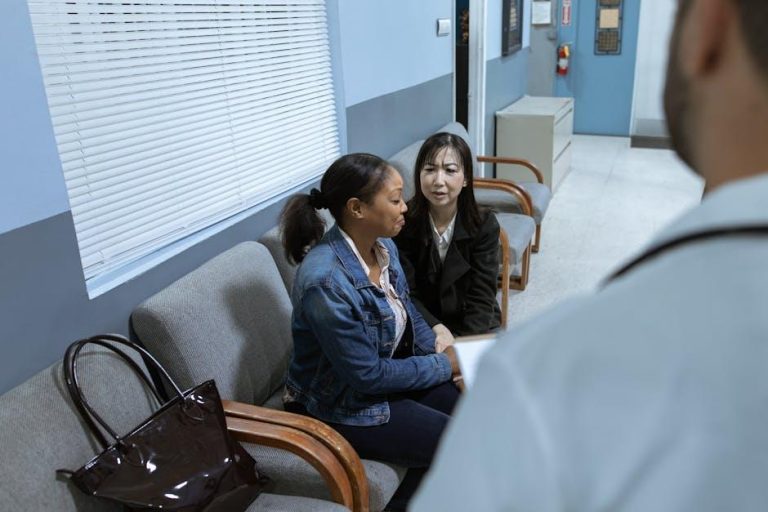
Hunt School of Dental Medicine Faculty Honors Late Mother by Screening for Cancer – El Paso Matters
In a heartfelt tribute to the memory of Dr. Seher Ahmed’s late mother, the Hunt School of Dental Medicine faculty have initiated a compassionate and vital community health project. This initiative offers free oral cancer screenings aimed at early detection and prevention, particularly within El Paso’s underserved populations. Combining expert care, community outreach, and Dr. Ahmed’s personal motivation, this program works to raise awareness about oral cancer while saving lives through timely intervention.
Honoring a Legacy: The Story Behind the Cancer Screening Initiative
Dr. Seher Ahmed, a respected faculty member at the Hunt School of Dental Medicine, was deeply impacted by the loss of her mother to oral cancer. Her personal experience galvanized her and her colleagues to create a sustainable and impactful way to honor her mother’s legacy by addressing a critical health concern – the early detection of oral cancer.
This compassionate initiative focuses on providing free oral cancer screenings in El Paso, a city where the rate of oral cancers and late-stage diagnosis remains alarmingly high. Faculty members at the Hunt School of Dental Medicine have collaborated with local health organizations, schools, and community centers to reach as many individuals as possible.
What is Oral Cancer and Why Early Screening Matters?
Oral cancer refers to cancers that develop in the mouth or throat, including the lips, tongue, cheeks, floor of the mouth, and palate. It can often go unnoticed in its early stages because symptoms are subtle or mistaken for other conditions.
Key Facts About Oral Cancer
- According to the American Cancer Society, approximately 54,000 people are diagnosed with oral cavity or oropharyngeal cancer annually in the U.S.
- Risk factors include tobacco and alcohol use, HPV infection, sun exposure, and poor oral hygiene.
- Early detection boosts survival rates significantly — 5-year survival can be as high as 80% for detected early-stage cancers.
- Regular screenings by dental professionals can identify precancerous lesions and suspicious abnormalities before they develop into cancer.
Thanks to the efforts by Hunt School of Dental Medicine faculty, the screening process includes a detailed examination of the oral tissues, patient history, and when necessary, recommendations for biopsy or referral.
Benefits of the Hunt School’s Oral Cancer Screening Program
- Community Health Improvement: By reaching at-risk groups and those with limited access to healthcare, the program improves overall oral healthcare awareness.
- Early Detection Saves Lives: Many cancers detected at an early stage through screenings can be treated successfully.
- Educational Opportunity: The project raises awareness about oral cancer prevention, risk factors, and symptoms.
- Honor and Healing: For Dr. Ahmed and her colleagues, it’s a meaningful tribute that turns personal grief into positive community impact.
How the Hunt School of Dental Medicine Conducts Oral Cancer Screenings
The screenings are performed by skilled dental professionals and faculty members trained specifically for oral cancer detection. The process involves:
- A thorough clinical exam of lips, tongue, gums, and other oral soft tissues.
- Patient history review to identify risk factors such as tobacco or alcohol use.
- Visual and tactile examination to find any suspicious lesions, ulcers, lumps, or color changes.
- Recommendations for further testing or specialist referral if suspicious areas are found.
These screenings are offered free of charge via pop-up events, community health fairs, and routine dental visits facilitated by Hunt School’s outreach program.
Case Study: Impact on the El Paso Community
| Year | Number of Screenings | Suspicious Lesions Detected | Early Cancer Diagnosed | Referrals Made |
|---|---|---|---|---|
| 2022 | 500 | 25 | 4 | 20 |
| 2023 | 650 | 30 | 6 | 25 |
| 2024 (Q1-Q2) | 350 | 18 | 3 | 12 |
The data collected demonstrates the program’s effectiveness in identifying early-warning signs of oral cancer among participants, potentially saving numerous lives through timely diagnosis and treatment.
Practical Tips for Oral Cancer Prevention
While screening programs are essential, personal effort in prevention and awareness is equally important. Here are expert tips from Hunt School faculty for maintaining good oral health and reducing cancer risk:
- Avoid Tobacco Products: All forms of tobacco increase oral cancer risk significantly.
- Limit Alcohol Consumption: Excessive alcohol use can combine with tobacco to dramatically increase risk.
- Practice Sun Protection: Use lip balms with SPF and protect lips from excessive sun exposure.
- Maintain Oral Hygiene: Regular brushing, flossing, and dental check-ups are crucial.
- Get Regular Oral Cancer Screenings: Especially if you belong to a high-risk group.
“This initiative is more than just a health service—it is a beacon of hope for our community, a way to honor a beloved life, and an effort to empower people with knowledge and care.” – Dr. Seher Ahmed, Faculty Member, Hunt School of Dental Medicine
How You Can Participate and Support the Initiative
Community members eager to participate in future oral cancer screening events or support the Hunt School’s ongoing efforts can:
- Sign up for upcoming free screening events through local El Paso community centers and Hunt School announcements.
- Share awareness about oral cancer prevention on social media and with family or friends.
- Donate gently used oral care products or funds to support the outreach programs.
- Volunteer to help organize free health fairs and educational workshops.
Conclusion
The Hunt School of Dental Medicine’s faculty-led oral cancer screening program stands as a powerful tribute to Dr. Seher Ahmed’s late mother while providing an invaluable service to the El Paso community. By prioritizing early detection and prevention, this initiative saves lives, raises public awareness, and encourages healthier lifestyles. If you live in El Paso or surrounding areas, consider participating in the next screening event—you might just help catch early warning signs that could save your life or someone you care about.
Stay informed, practice regular oral health care, and support programs that make a difference in fighting oral cancer.


